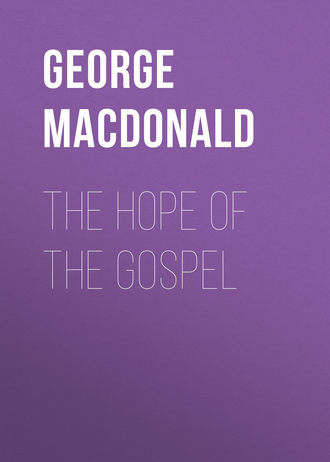The Hope of the Gospel
 полная версия
полная версияThe Hope of the Gospel
Жанр: книги по психологиизарубежная классиказарубежная старинная литературазарубежная психологиякниги по философиизарубежная религиозная литература
Язык: Английский
Год издания: 2018
Добавлена:
Настройки чтения
Размер шрифта
Высота строк
Поля









